The Kenya Association of Air Operators (KAAO) has submitted a formal objection to the proposed elimination of Value Added Tax (VAT) exemptions for the aviation sector within the Kenyan Finance Bill 2024.
The KAAO argues that these exemptions have been a cornerstone for industry growth and investment, and their removal would pose a significant risk to the sector's sustainability and contribution to the national economy.
"The Kenya Association of Air Operators (KAAO) expresses deep concern regarding the Finance Bill 2024, which proposes to eliminate VAT exemptions previously granted to the aviation sector," KAAO stated.
"These exemptions have been instrumental in stimulating growth and investment within the industry."
The KAAO's primary concerns centre on the potential repercussions of the proposed policy shift.
Read More
The elimination of VAT exemptions is anticipated to lead to a substantial rise in aircraft acquisition costs for airlines and operators.
This cost increase is then expected to ripple through the sector, causing price hikes in air travel, cargo services, aerial operations, drone services, aircraft maintenance, and training.
The KAAO emphasizes that such a scenario would severely hinder the industry's ability to fulfil its role in maintaining and developing Kenya's air transport system.
Furthermore, the KAAO expresses apprehension regarding the proposed abolishment of VAT exemptions on leasing and chartering aircraft.
This, they argue, could lead to a significant rise in operational costs, potentially jeopardizing the accessibility and affordability of these services.
"Secondly, the proposed abolition of VAT exemptions on hiring, leasing, and chartering aircraft poses a significant risk of escalating operational costs," the association said.
"Such a scenario could result in diminished accessibility and affordability of these vital services, impacting sectors reliant on aviation, including tourism, trade, and emergency response."
Sectors heavily reliant on aviation, such as tourism, trade, and emergency response, would be particularly impacted by such a cost increase.
The KAAO's concerns extend beyond immediate operational costs.
The removal of VAT exemptions for spacecraft and launch vehicles is viewed as a potential deterrent to investment in space exploration endeavours within Kenya.
This, the Association warns, could stifle innovation and collaboration in this burgeoning field.
In their formal objection, the KAAO underscores the multifaceted negative implications of the proposed VAT exemption removal.
They contend that this policy shift would erode Kenya's regional competitiveness in the aviation sector, hinder advancements in space exploration, and potentially impede the nation's economic prosperity.
The Association urges policymakers to carefully consider the far-reaching consequences of these actions and prioritize safeguarding the critical VAT exemptions.
The KAAO emphasizes that upholding these measures aligns with the recommendations of the International Civil Aviation Organization (ICAO) and the East Africa Common External Tariff on zero-rated taxes for the aviation sector.
Preserving these exemptions, they conclude, is essential not only for sustaining industry growth but also for solidifying Kenya's position as a regional aviation hub.
The KAAO's formal objection serves as a strong advocate for the continued application of VAT exemptions within the Kenyan aviation sector.
The Association emphasizes the critical role these exemptions play in ensuring the industry's continued growth, competitiveness, and contribution to the national economy.

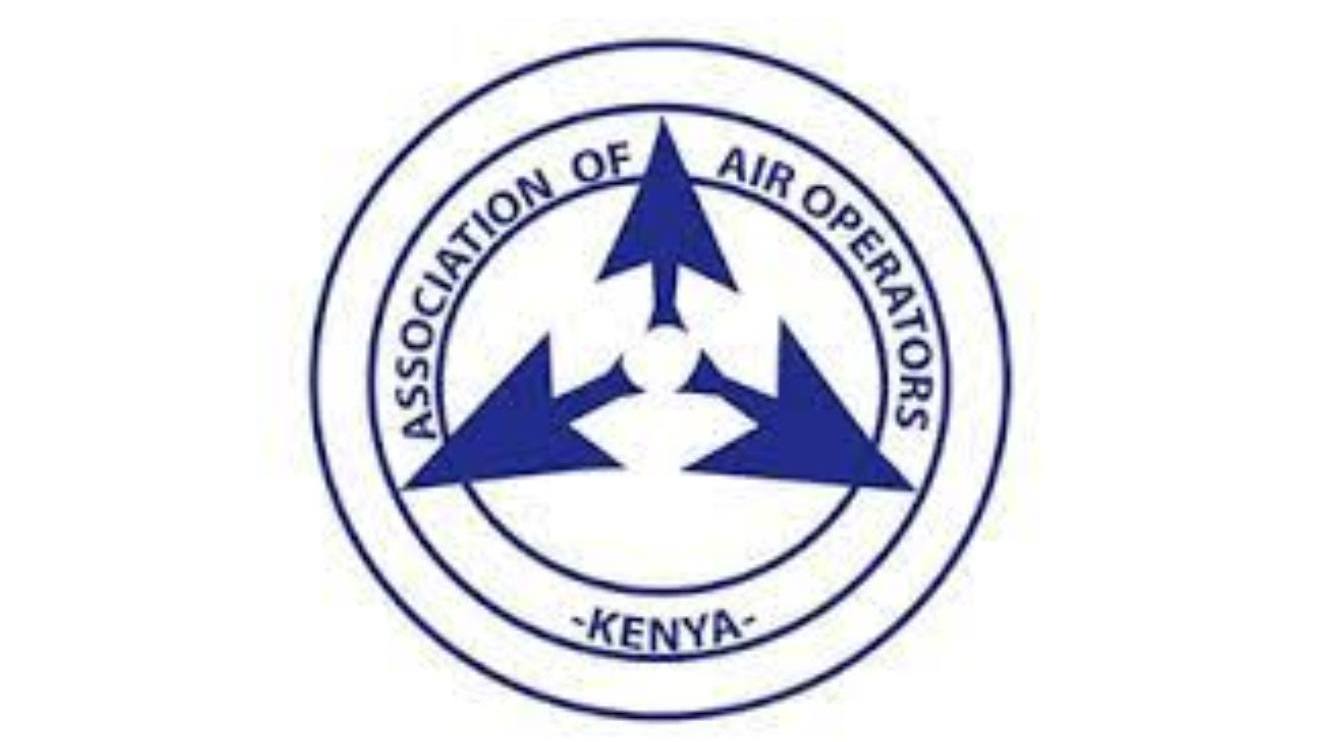
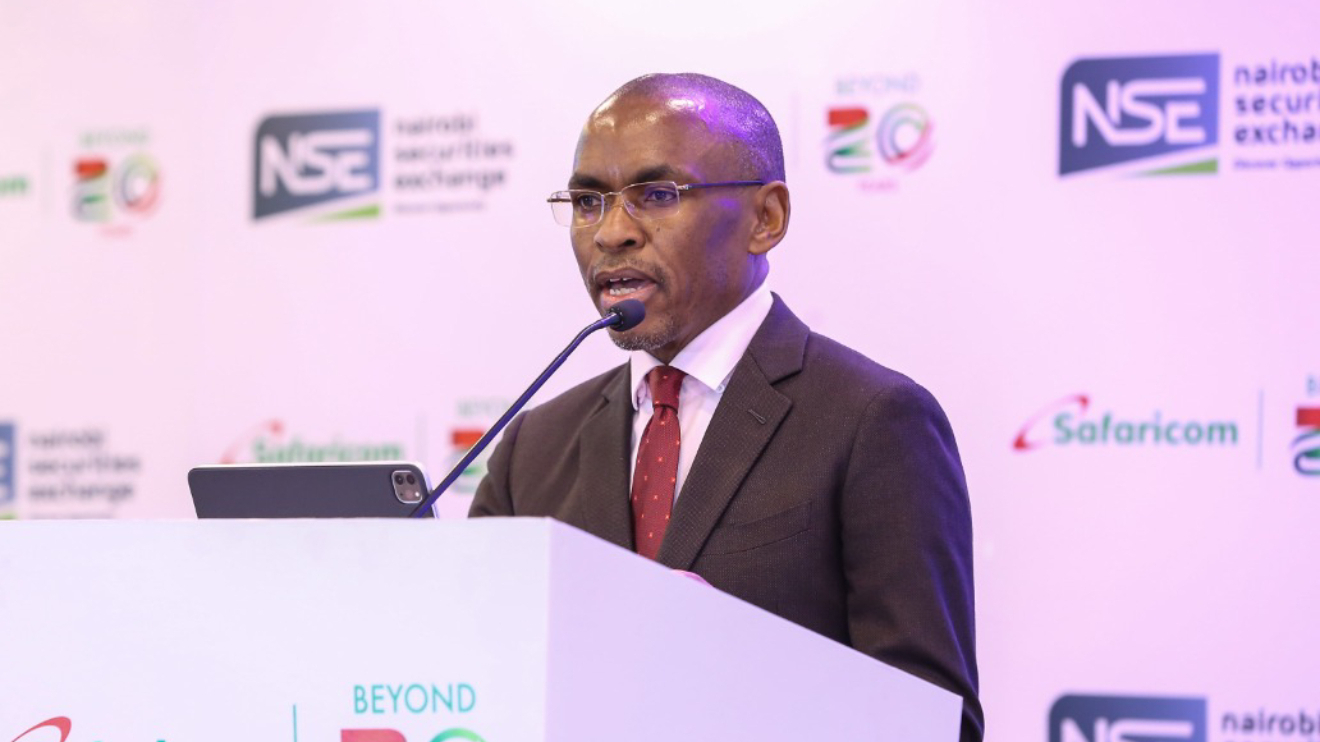


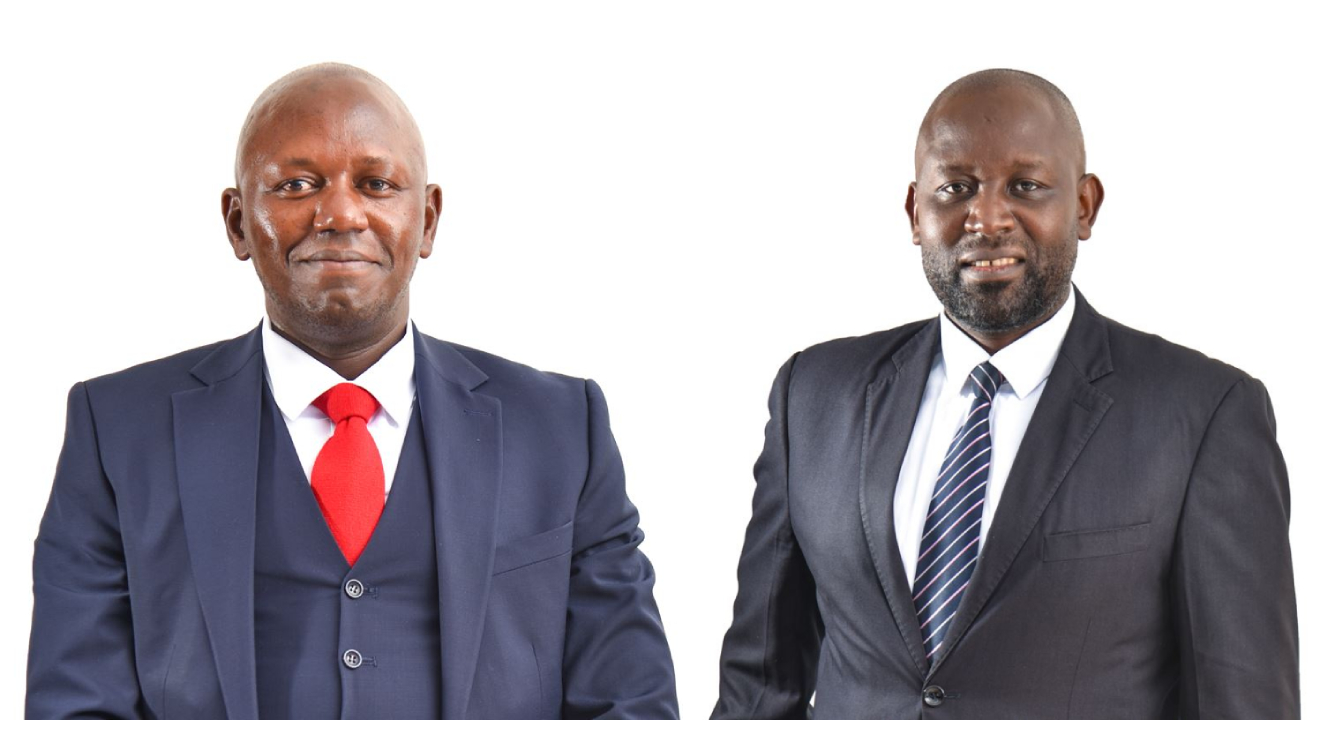
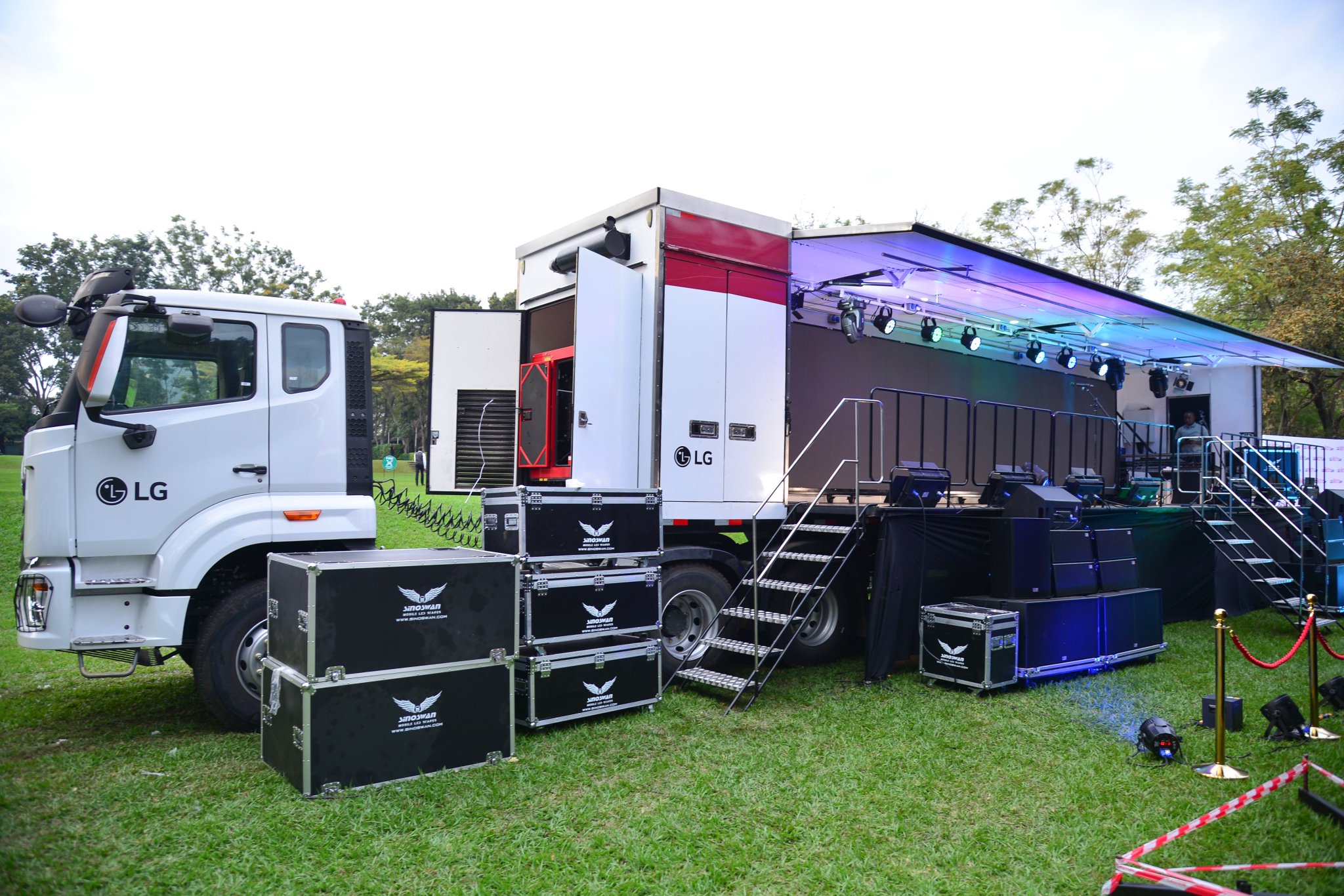
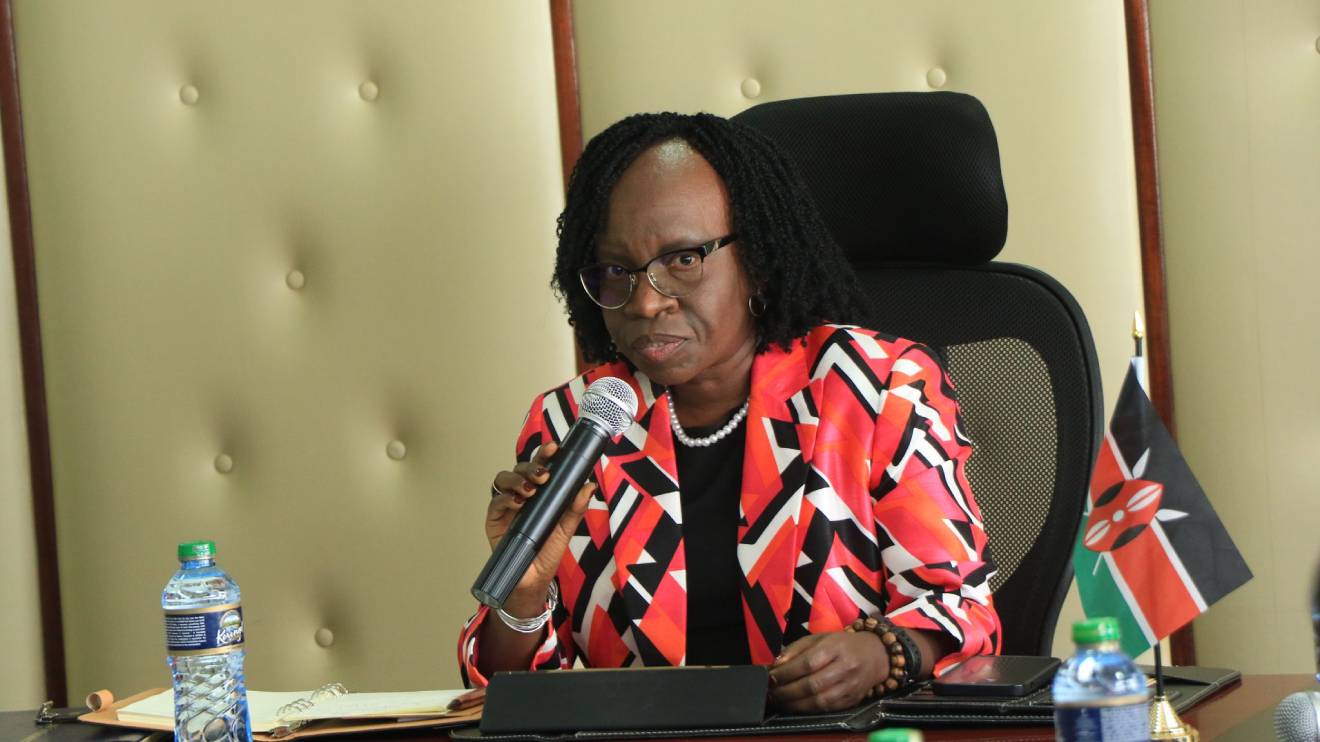
-1757101509.jpg)